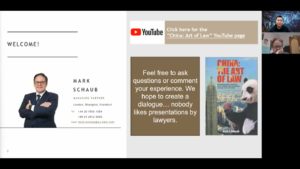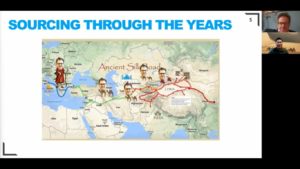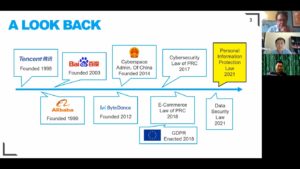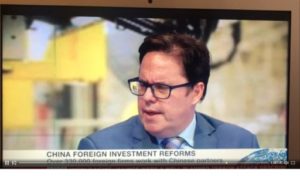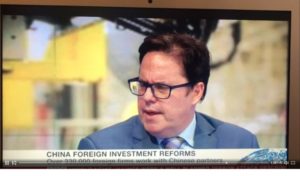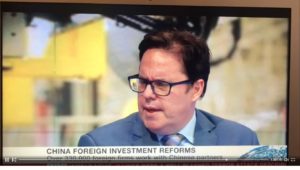
China veteran and lawyer Mark Schaub dives into the issue of the upcoming exodus of ex-pats from Shanghai, triggered off by the stringent COVID-19 lockdowns. More foreigners than ever will be leaving, while fewer are coming to replace them unless their companies reinvent themselves. But to a large degree, this is a long overdue cleanup in a dynamically changing climate, he argues in his second weekly column China chit-chat.
Mark Schaub:
COVID is deadly to the vulnerable – this applies to businesses as well as people. In the West some businesses were hit hard but bounced back quickly. In the West COVID sped up the demise of old-fashioned retail, chain restaurants past their prime and often small businesses. At lot of these businesses had already lost their way and COVID just sped up the inevitable. For a long time, I have wondered whether foreign invested enterprises in China needed a shakeup. Many have been shielded by being in a growth market (but now being squeezed by competitors), having a profitable niche (but these niches are now also becoming battlegrounds), headquarters knowing China is too important to ignore but also a tough market on which they are not willing/able to spend their time on but also unwilling to fully empower the local management.
For many Western businesses the question going forward will be is can you continue to succeed in a dynamic market like China if management on the ground cannot take decisions dynamically? Can you survive against more agile competitors? Does it make sense to still be in the Chinese market.
Mark Schaub is a speaker at the China Speakers Bureau. Do you need him at your (online) meeting or conference? Do get in touch or fill in our speakers’ request form.
Are you looking for more experts in managing your China risk? Do check out this list.
